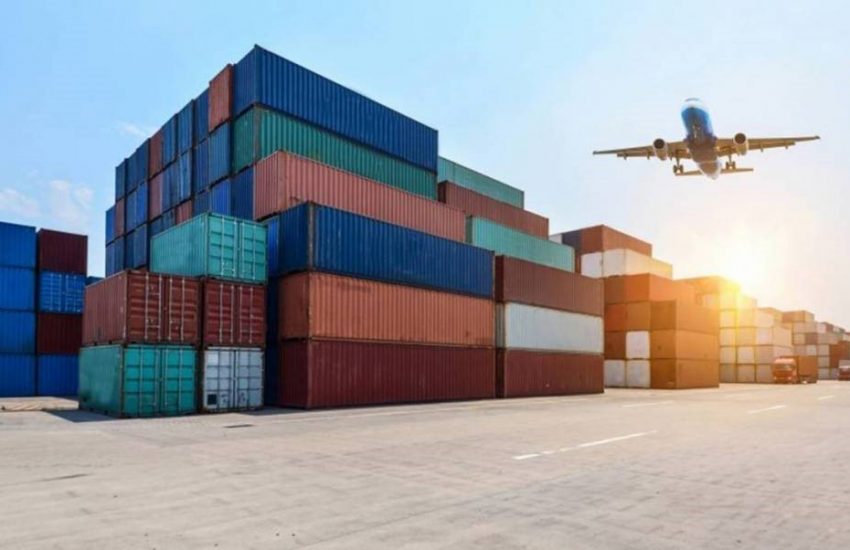The fourth industrial revolution has ignited innovative minds in every field to bring change and shift towards a smart or digital world. A part of this fourth industrial revolution is Industry 4.0, which is focused on automation and data exchange with the help of cyber-physical systems (CPS), the internet of things (IoT), industrial internet of things (IIOT), cloud computing, cognitive computing and artificial intelligence.
Over the last few decades, Supply Chain has changed from being a part of operations to a separate fully functioning department which impacts sales, customer satisfaction and finance. An efficient supply chain management now demands more data to make better decisions and detailed planning, such as analytical demand planning or integrated S&OP. Industry 4.0 has given supply chain management an opportunity to digitize and optimise the existing supply chain process. Supply chain digitization now allows companies to have end-to-end transparency and real-time asset tracking to have better supply chain visibility. Around 70% of the retail and manufacturing companies have already made a shift towards the digitization as per a survey conducted by GT Nexus and Capgemini. Logistics companies such as DHL and Cisco estimate that track and trace solutions and securing the supply chain will have an impact of $1.9 trillion.
Supply chain managers are now seeking to achieve automation, end to end consumer engagement, visibility and securing the entire process to get a competitive advantage and establish themselves as growth enablers. Companies are embracing a host of cutting-edge products and solutions to enable better data and visibility in their supply chain.
Supply Chain Security
To have a more secure and digital supply chain, companies are using smart locks on their trucks and fleets. These locks are capable of real time activity updates on the software platform and accessible from anywhere in the world. Events such as idle time, tamper alerts, authorized and unauthorized opens are all notified. These are reusable active locks which have been implemented in industries ranging from dairy to high value goods. In India, this product has also been used by the Police for real time asset tracking.
Another innovative technology in the supply chain is the use of active and passive (Radio-frequency identification) RFID. RFID tags have already been implemented across industries most notably by Indian Customs to seal every container being exported. Sepio Products has one such solution called Logi E, which is a strap seal with RFID, which is aimed at improving operations in industries that have fast-moving inventory or that require high speed processing of goods in transit. RFID has also found a strong use case in the container or shipping industry. Traditional bolt seals have now been replaced with RFID E-seal’s, which once scanned would transmit data such as shipping documents, images, weight of cargo etc to the relevant or authorised party. It also allows the user to identify if the seal was tampered with and if so, narrow down the time and area to identify the possible tamper zones based on the frequency of scans.

Supply Chain Visibility
Another IOT product that helps in digitizing the supply chain and allowing companies to track and trace every SKU in the supply chain is the use of smart packaging. It is now possible to trace from raw material to the end product of each SKU. This allows companies to solve for visibility and traceability in the supply chain, which is the need of the hour today.
Companies like Sepio Product Pvt. Ltd have focused on ways to use these cutting-edge technologies to serve the purpose of track and trace across the supply chain. Sepio’s solutions is helping a national food catering company to assure their customers on the quality and safety in the handling of their food from the kitchen to the point of consumption.
Read: How Supply Chain Digitization Can Boost Customer & Brand Engagement?
Apart from RFID tags, there are other technologies but their use in the supply chain has not been widely accepted due to various reasons. Bluetooth tags and beacons do offer tracking data but only in smaller and more confined areas and are hence are used more commonly to monitor customer traffic in retail outlets. Near-field communication (NFC) tags are also used similarly to RFID tags. NFC tags have an advantage of being read with simple mobile phones but they are more expensive than RFID and are restricted by their limited read range.
Would you like to know more about how to build a digital supply chain and embrace Industry 4.0? Connect with Sepio on hello@sepioproducts.com to know more about how you can take the first step towards a powerful digital supply chain.

